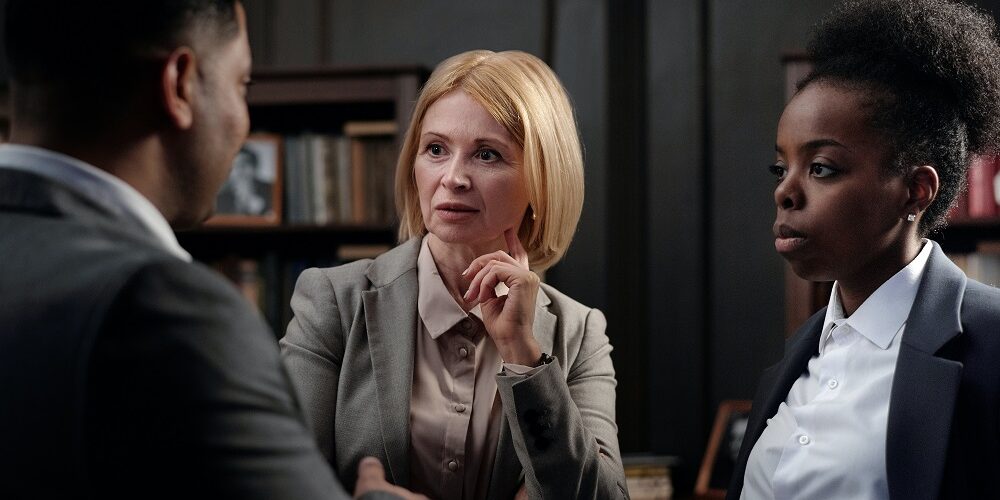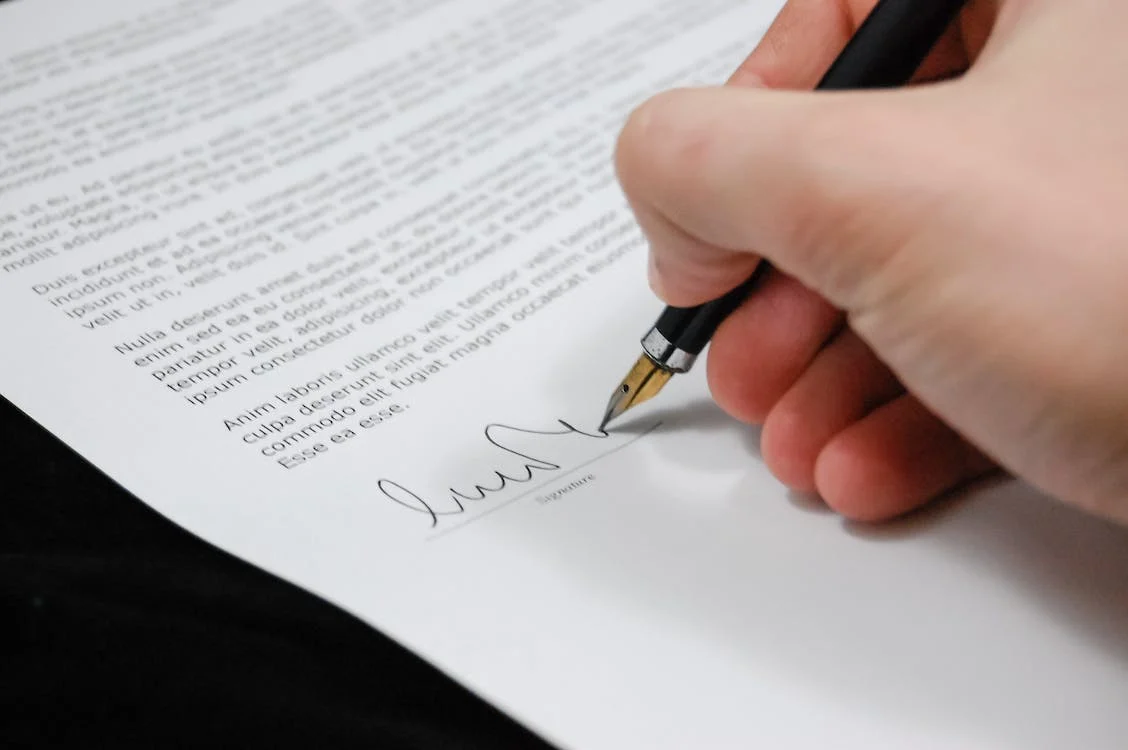What Happens If The Executor Does Not Probate The Will?

Not every estate needs to go through the probate process. For example, estates that fall under a certain monetary threshold limit may bypass probate entirely. This means that the executor doesn’t have to spend as much time dealing with the courts.
However, if the estate does need to go through probate, there is no avoiding it. If you’re an executor of an estate and are dreading the probate process, remember that you have the option to decline the position. If you accept the position as executor, you are required to perform the probate duties as there are many consequences for not probating a will, making it an even more stressful experience than it needs to be.
This article explains what happens if the executor does not probate the will. For personalized advice, contact our team at J Mishkin Law today.
What Does The Executor Do?
The executor of a deceased person’s estate is responsible for filing the person’s will. Their duty is to act in the best interest of the estate’s beneficiaries, which begins with opening a probate case upon the person’s death.
What Happens If The Executor Does Not Probate The Will?
There are many consequences to an executor not probating the will. If the executor does not perform their duties, the estate and its heirs may face substantial losses including the ability to collect inheritances.
So what can happen if an estate is not probated?
- Legal Assets Will Not Transfer
Prior to probating a will, the decedent’s assets remain in their name. If the will is not probated, this remains the case until if and when the executor probates the will. This means that the deceased person’s assets including any property, vehicles, and so on cannot be transferred to the parties they were willed to.
- Creditors May Pursue Payment
If the deceased person had any debts that have not been paid, the probate process endeavors to take care of this. When the will is not probated, creditors may continue to pursue payment from anybody connected to them including the executor and/or family members. In some cases, they may be able to track down property or assets and sue if somebody has acquired it illegally (such as if the will has not been probated).
- The Will Cannot Be Contested Or Revoked
If the deceased person had a will but its validity is questioned, this cannot happen without going through probate. If this is not done within a specific time period (which varies between states), it will become as if the person died without a legal will. In these cases, the inheritance typically goes to the next of kin or a direct heir, irrespective of whether this was the person’s wish.
- The Executor May Be Liable
Regardless of the executor’s relationship with the person, they may be held personally liable if they do not probate the will despite knowing they needed to. This means they will become personally responsible for paying any expenses the estate incurs, including any financial impacts to the intended heirs. The intended heirs may also sue the executor. Additionally, an executor who does not probate the will with the intention to benefit themselves financially has committed a crime and may spend time in jail.
The Executor Won’t Probate The Will— What Can I Do?
If you’re involved in the estate and the executor is deliberately not performing their duties, you may wish to hire a lawyer and begin the process of removing them as executor.
This process can include petitioning the court to tell the executor to perform their duties. If they do not comply, the following process may look like:
- Petitioning the court to remove the executor, detailing the reasons why.
- The judge determines whether a new executor should be appointed.
- Filing a civil lawsuit based on breach of duty or misconduct with the aim of recovering the estate’s financial losses.
- Pressing legal charges against them, such as for fraud, embezzlement, or stealing from the estate.
Looking For Help With Probate?
Our team at J Mishkin Law is well-versed in all areas of probate, trust, and estate litigation. If you need help with probating a will, transferring assets, or potentially removing an executor of an estate, we have the knowledge and experience you need. To get started, contact our professional and reliable team today.
Share:



